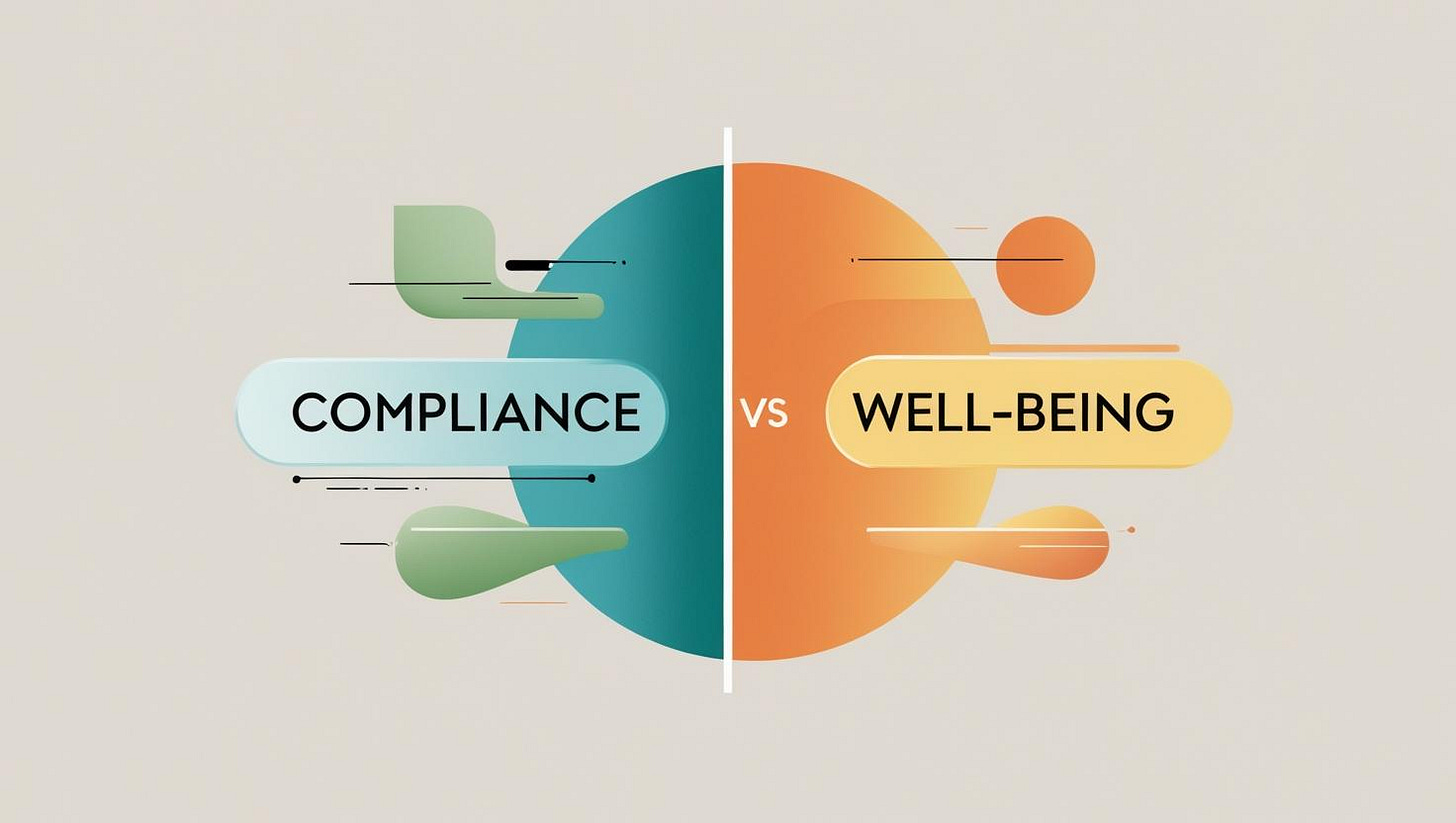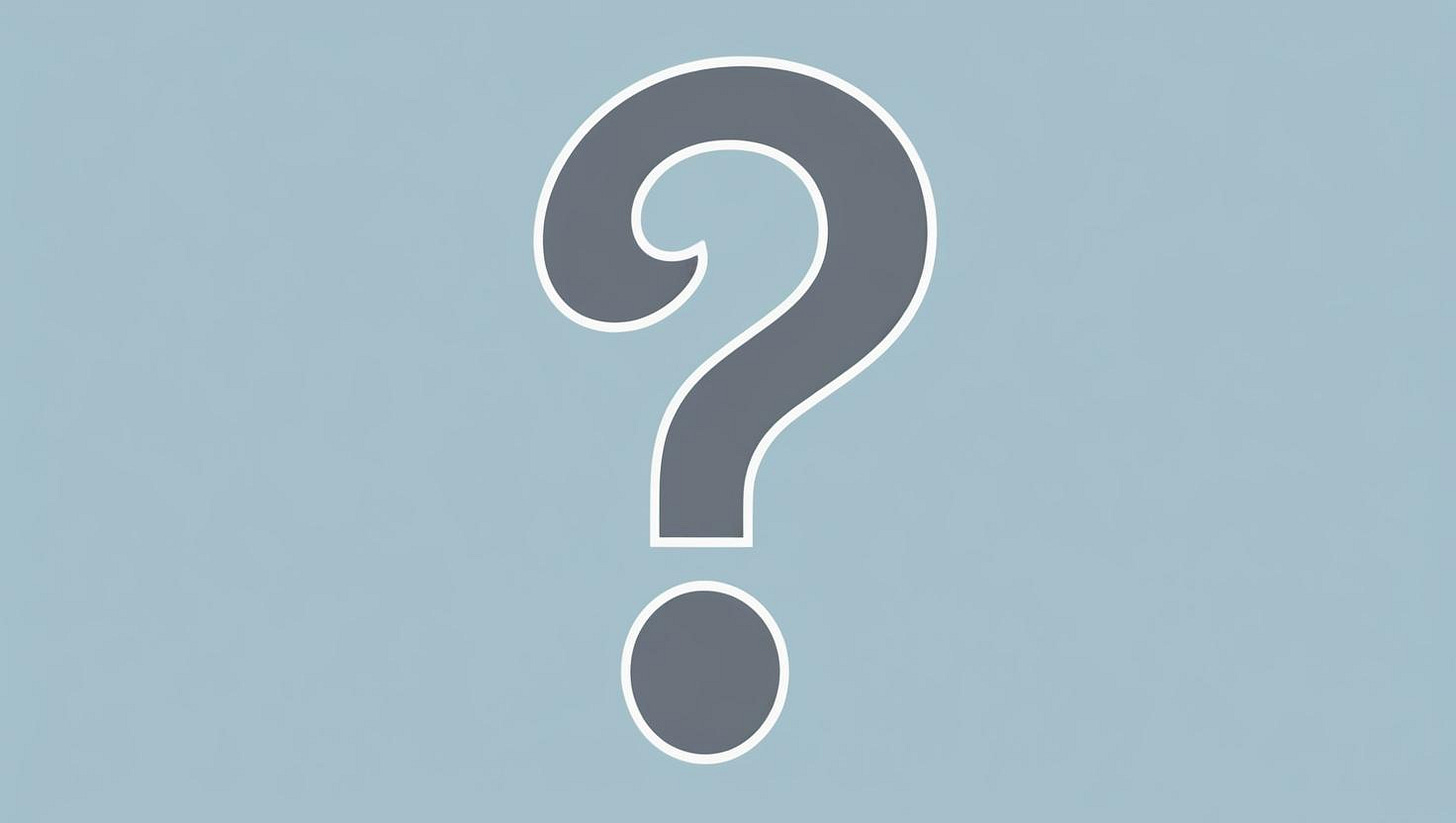When policies, treatments, and research impact a specific community, the people most affected must have a seat at the decision-making table. This principle is summed up in the powerful phrase:
“Nothing About Us Without Us.”
Yet, time and time again, we see the opposite. Decisions about healthcare, education, workplace policies, disability rights, and social justice are often made without consulting the very people they affect most.
This is especially true for neurodivergent individuals, disabled people, and other marginalized communities.
So why does this keep happening? And what can we do to change it?
⚖️ Where Did This Phrase Come From?
The idea of “Nothing About Us Without Us” has deep historical roots in movements for representation and self-determination:
📜 16th Century Europe – The Latin phrase Nihil de nobis, sine nobis ("Nothing about us, without us") was used in Poland and Czechia to demand political representation and prevent rulers from making decisions without the consent of their people.
♿ Disability Rights Movement – In the 20th century, this phrase became a rallying cry for disability activists, particularly in the fight for laws like the Americans with Disabilities Act (ADA), which expanded accessibility and anti-discrimination protections.
📖 James Charlton’s 1998 Book – His book Nothing About Us Without Us solidified this phrase as a core demand of the disability justice movement, exposing how disabled people were often ignored in discussions about their own rights.
🌍 Adopted by Other Movements – This principle has since been embraced by:
🧠 The Neurodiversity Movement – Advocating for Autistic and ADHD individuals to be included in research and policy decisions.
✊🏿 Racial Justice Movements – Calling for Black and Indigenous communities to have leadership roles in policies affecting them.
🚺 Gender Rights Movements – Pushing for women and LGBTQ+ individuals to be central in discussions about laws that impact their rights and bodies.
🏞️ Indigenous Sovereignty Movements – Demanding that Indigenous peoples control decisions related to their lands, cultures, and governance.
This phrase is more than just words—it’s a call for real representation, real inclusion, and real power in decision-making.
🧠 Where This Fails in ADHD & Autism Research and Treatment
Despite its importance, many fields continue to exclude the voices of those directly affected:
🔬 Medical & Psychological Research – Studies on ADHD and Autism are often led by neurotypical researchers without input from neurodivergent individuals. This leads to biased interpretations that reinforce stereotypes instead of addressing real needs.
🏥 Healthcare & Therapy – Many treatment models focus on making neurodivergent people "fit in" rather than supporting their natural ways of thinking and existing. Too often, therapies prioritize compliance over well-being.
📚 Education – Schools still push behavioral correction instead of creating neurodivergent-friendly learning environments. Students and parents are rarely involved in decisions about accommodations.
💼 Workplace Policies – Many corporate “diversity and inclusion” efforts fail to include neurodivergent voices. The result? Policies that look good on paper but don’t work in practice.
🚨 The Consequences of Exclusion
When marginalized voices are ignored, the results are harmful:
❌ Stereotypes Are Reinforced – The myth that ADHD is just a “boy’s disorder” has led to misdiagnosis, missed diagnoses, and delayed support for women, nonbinary individuals, and even men who don’t fit the hyperactive stereotype.
❌ Treatments Are Ineffective – When treatment is designed for neurodivergent people but without their input, it often fails to meet real needs.
❌ Policies Don’t Create Real Change – Laws and workplace accommodations may look progressive but don’t actually work because they weren’t designed with neurodivergent input.
This issue extends far beyond neurodivergence—disability communities, racial and gender minorities, and Indigenous groups all face systemic exclusion from decision-making.
🛠️ How to Support Inclusive Decision-Making
If we want to change this, we need to center the voices of those most affected. Here’s how:
✅ Support Organizations Led by Marginalized Groups – Seek out and uplift groups where leadership reflects the community they serve. A neurodivergent-led ADHD nonprofit will have better solutions than one run by neurotypical professionals.
✅ Recognize & Prioritize Participatory Research –Seek out research led by neurodivergent and disabled researchers or studies that meaningfully incorporate the lived experiences of the people being studied. Ask: Was this research shaped by those with firsthand experience, or was it merely about them? That distinction matters.
✅ Challenge Who Holds the Mic – Too often, panels, conferences, and policies are shaped by "experts" who have never lived the experiences they discuss. Push for lived experience to be valued as much as professional expertise.
✅ Push Back on Policies Made Without Marginalized Voices – Laws and workplace policies often exclude the very people they affect. Demand transparency. Ask who was consulted. Call out performative inclusion.
✅ Question Whether Inclusion Is Genuine – Some organizations claim to “listen” to marginalized voices but only in tokenistic ways. Representation isn’t enough—those voices need actual decision-making power.
📢 What’s Your Experience?
🤔 An Empathy Exercise: Have You Ever Been Left Out of Decisions About Your Own Life?
Think back to a time when a decision was made about you—but you had no say in it.
Maybe a doctor dismissed your concerns instead of listening.
Maybe your workplace implemented a policy that didn’t consider your needs.
Maybe a teacher or administrator decided what was “best” for you without asking what you needed.
How did that feel? Frustrating? Disempowering? Unfair?
That’s the reality many marginalized groups face every single day. And it’s why “Nothing About Us Without Us” is more than just a phrase—it’s a demand for justice.
💬 Let’s keep this conversation going. Have you experienced this kind of exclusion? How did it impact you?
Comment or share your story below.
Together, we can push for real change.
Until next time,
Kristen McClure MSW, LCSW
Advocating for Inclusive Research & Policy
I’m Kristen McClure, MSW, LCSW—a therapist with 30 years of experience, a child and mental health advocate, and a neurodivergent-affirming coach. I run a therapy practice in Charlotte, NC, and have developed a comprehensive, neurodivergent-affirming program for ADHD and AuDHD women.
🔹 Learn more about the Flourish program: here
🔹 Join the waitlist for the next Flourish cohort: here
🔹 Join my free, affirming community for neurodivergent women: here
🔹 Are you a therapist and want to learn about the flourish model? I’m considering teaching this model and sharing the materials. sign up here
I also write four free newsletters on Substack, covering ADHD advocacy, neurodivergent children, and therapist topics.








✨🌿 such ana amazing writeup, thank you so much for posting 🙏 do you have any books you recommend relating to this?